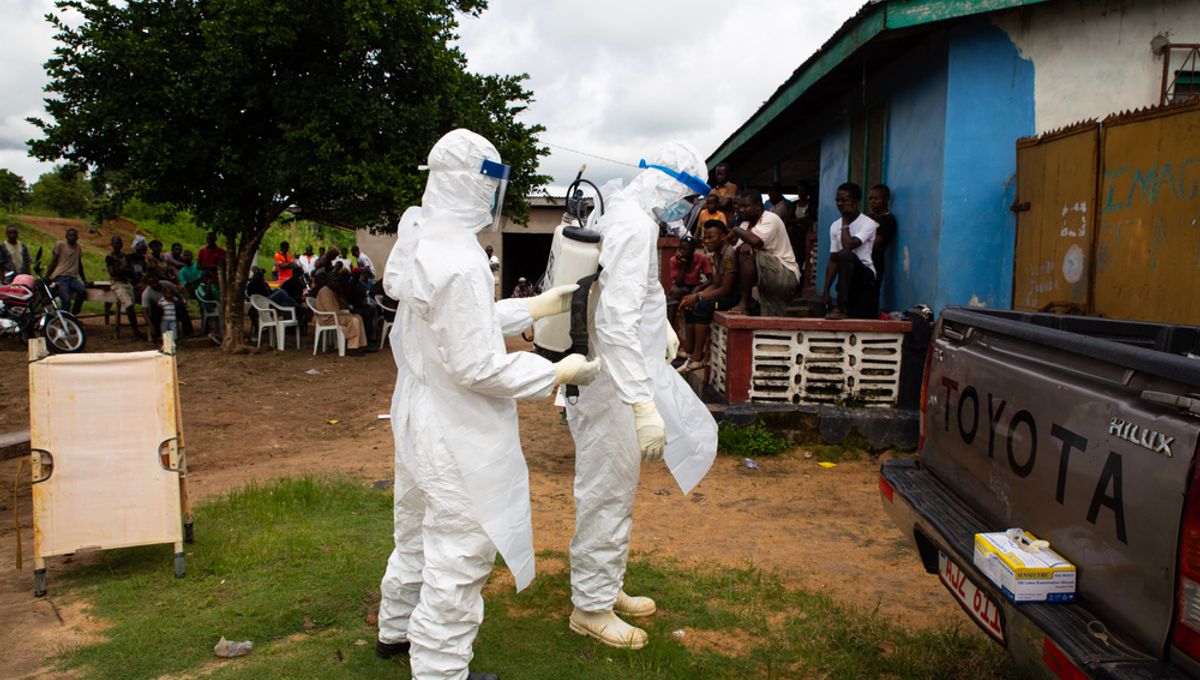
Eight more cases of the hemorrhagic disease Marburg have been confirmed by the World Health Organization (WHO) after the initial outbreak was announced on February 13, bringing the confirmed total to nine with 20 more cases likely to be Marburg. The virus that causes Marburg Virus Disease (MVD) is related to the Ebola virus and carries a high fatality risk, with seven of the confirmed cases and all of the probable cases leading to death.
The outbreak is thought to be contained within Equatorial Guinea, though the new cases are around 150 kilometers (93 miles) apart and close to the borders of Cameroon and Gabon, suggesting the virus is spreading far.
“The confirmation of these new cases is a critical signal to scale up response efforts to quickly stop the chain of transmission and avert a potential large-scale outbreak and loss of life,” said Dr Matshidiso Moeti, WHO Regional Director for Africa, in a statement.
“Marburg is highly virulent but can be effectively controlled and halted by promptly deploying a broad range of outbreak response measures.”
MVD has an incubation period of 2 to 21 days, with early symptoms including severe fever, headache, muscle aches, and chills. Within days, this can progress to diarrhea, vomiting, abdominal pain, and a rash.
Severe symptoms include liver failure, multi-organ dysfunction, and massive hemorrhaging. Blood can be found in vomit and feces, and patients can bleed from their vagina, nose, gums, and sites of intravenous access. According to the WHO, patients with fatal cases of MVD most often die around 8 or 9 days after the onset of their symptoms.
There are currently no vaccines or treatments for MVD, though there are vaccines in development that have recently passed phase 1 trials. Treatment of intravenous fluids and symptom management does improve survival, but MVD still has a mortality rate of up to 88 percent.
The first case in the outbreak has been dated to January 7, with Equatorial Guinea’s ministry notified on February 7, according to a presentation from an urgent meeting of the WHO.
Marburg virus is zoonotic, hosted by African fruit bats (Rousettus aegyptiacus). Close contact with these bats increases the risk of infection, as does contact with infected primates. It can also be spread through contact with the bodily fluids of an infected person.
The WHO recommends “prompt, safe and dignified burial of the deceased”, separating those sick with the virus from healthy people, monitoring people who may have been in contact with an infected person for 21 days, and good hygiene as outbreak containment measures.
Source Link: WHO Announces 8 More Cases Of Highly Fatal Marburg Virus Disease